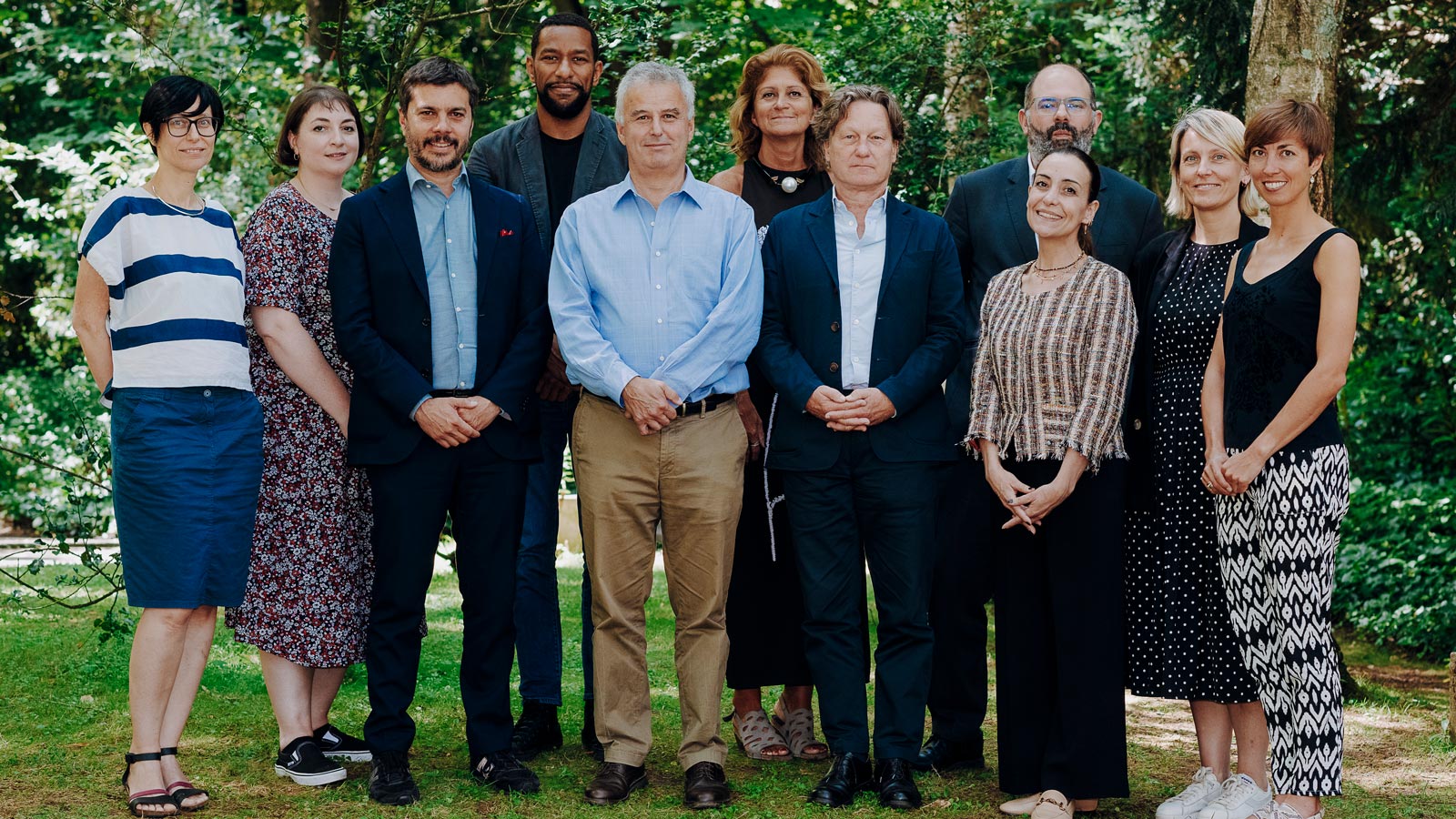A European Civic Arts Agenda

Over the course of two days of meetings at the Gulbenkian Foundation, representatives of the foundations Cariplo (Italy), Compagnia di San Paolo (Italy), Evens (Belgium), King Baudouin (Belgium), Fidelity International (UK), Kultura Nova (Croatia) “la Caixa” (Spain), Moleskine (Italy) and the European Cultural Foundation (The Netherlands) held discussions on the first steps towards developing a European agenda dedicated to promoting the civic role of the arts.
In recent years, there has been a growing awareness about the right to cultural participation as a vehicle to combat social inequalities, promote diversity and creativity. On the public agenda, there is already a consensus around the transformative role that arts organisations can play in supporting their communities to thrive and shape a more just future for all.
Recognising the historical importance of philanthropy for the funding of arts, culture and heritage, as well as the role that some foundations – such as the Calouste Gulbenkian Foundation – have been playing in supporting artistic and social organisations that put into practice models of co-creation and participation within their communities, this encounter stemmed from a desire to create a collaborative movement aimed at extending these initiatives to the international sphere, thus increasing the visibility and impact of the work being done across Europe.
As funding and convening bodies, foundations have the privilege to promote long-term agendas that go beyond political cycles and that can truly create change in regions where public investment is insufficient. Extending this agenda to the European level will enable the systematised knowledge exchange and learning practices, as well as funding opportunities for projects working with communities, increasing their impact from the local/national to an international scale.
As part of its strategy for the coming years, the Calouste Gulbenkian Foundation has made it a priority to develop the civic role of the arts within cultural organisations, placing collaboration with the community and co-creation practices at the heart of its activities and extending its action in Portugal, the United Kingdom and other European countries.
More info